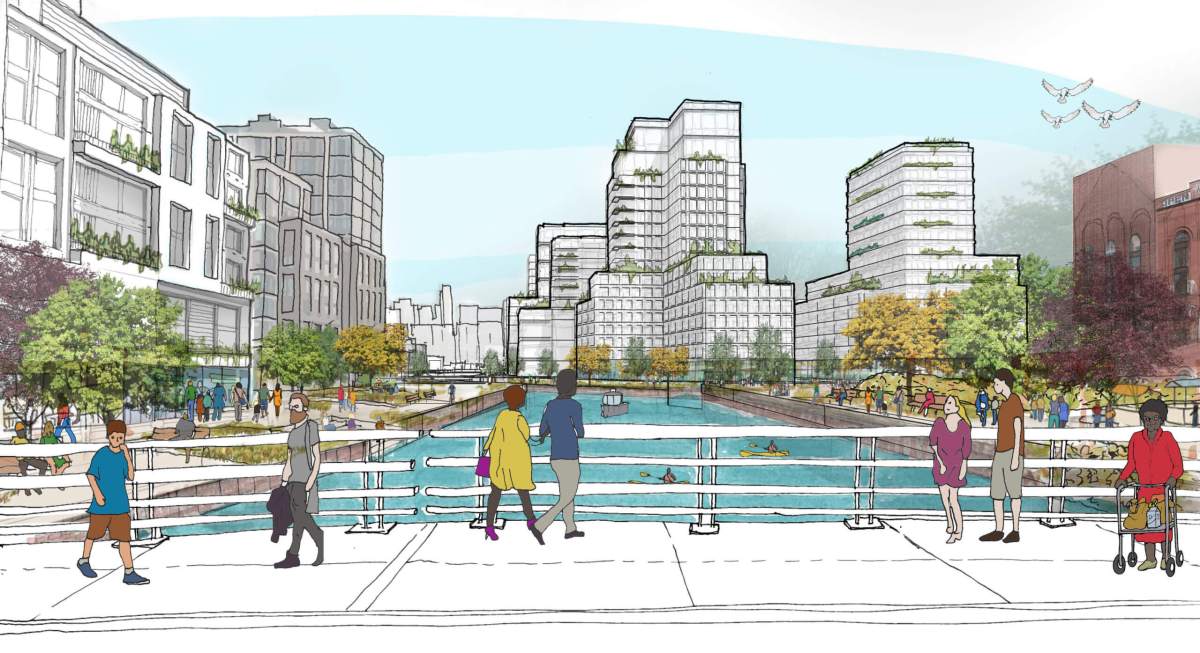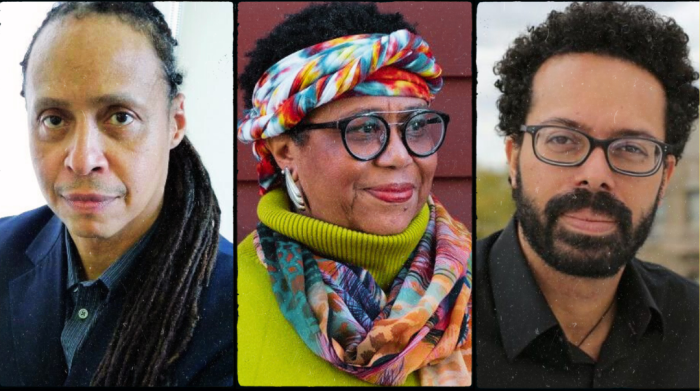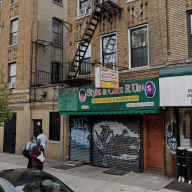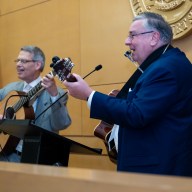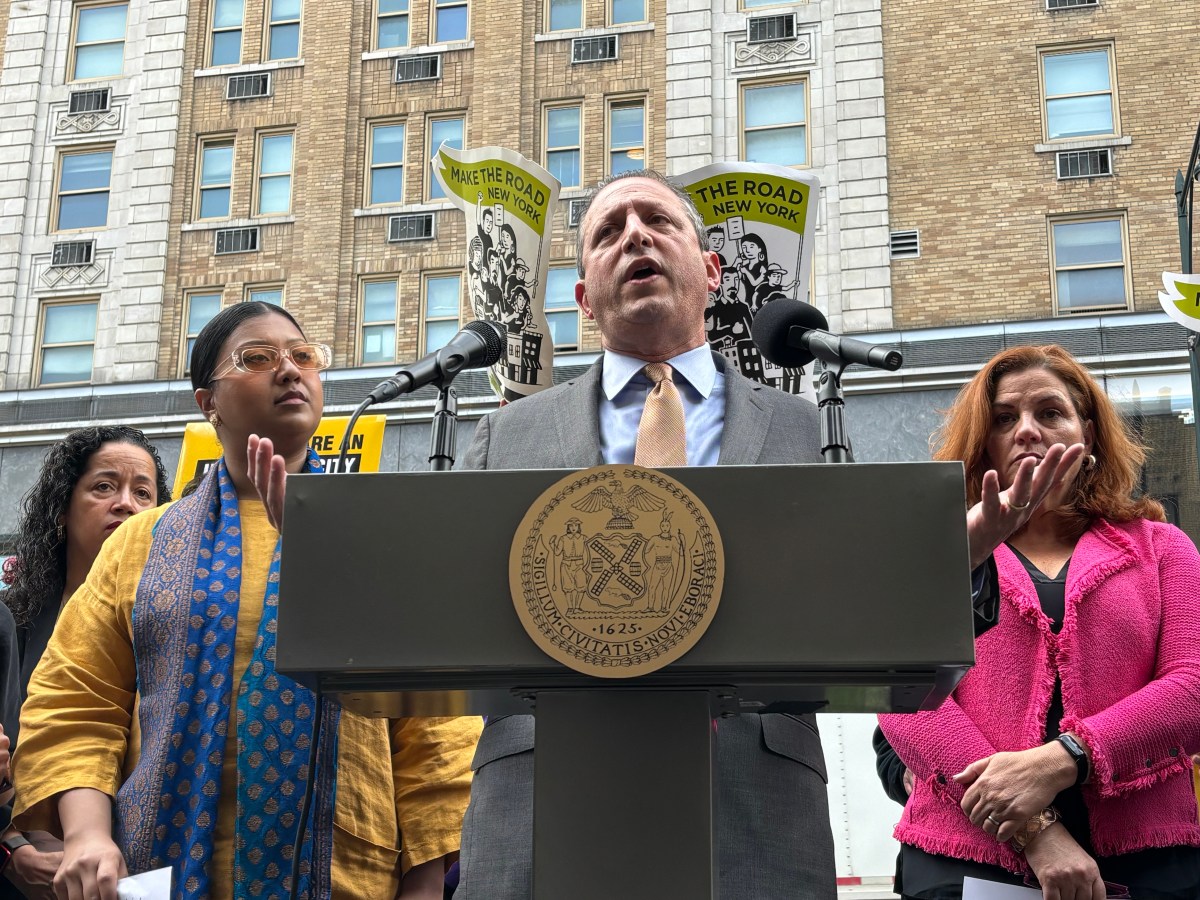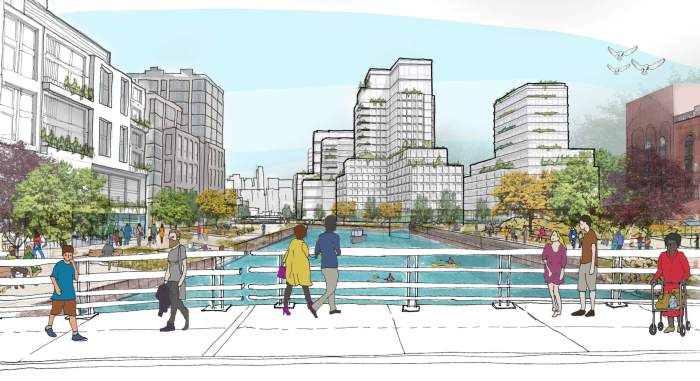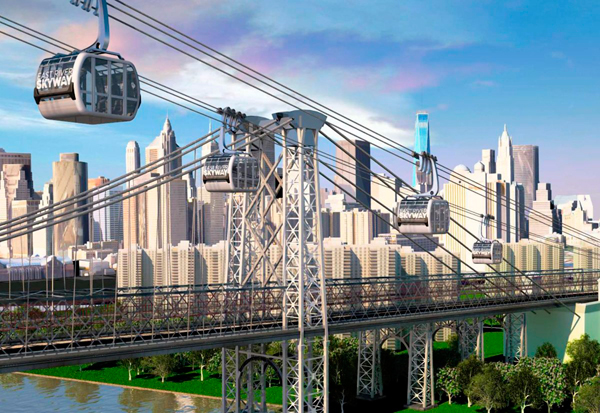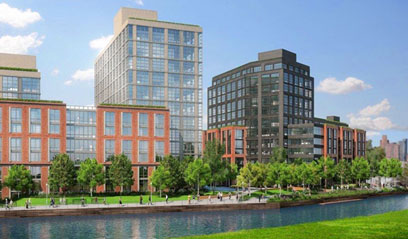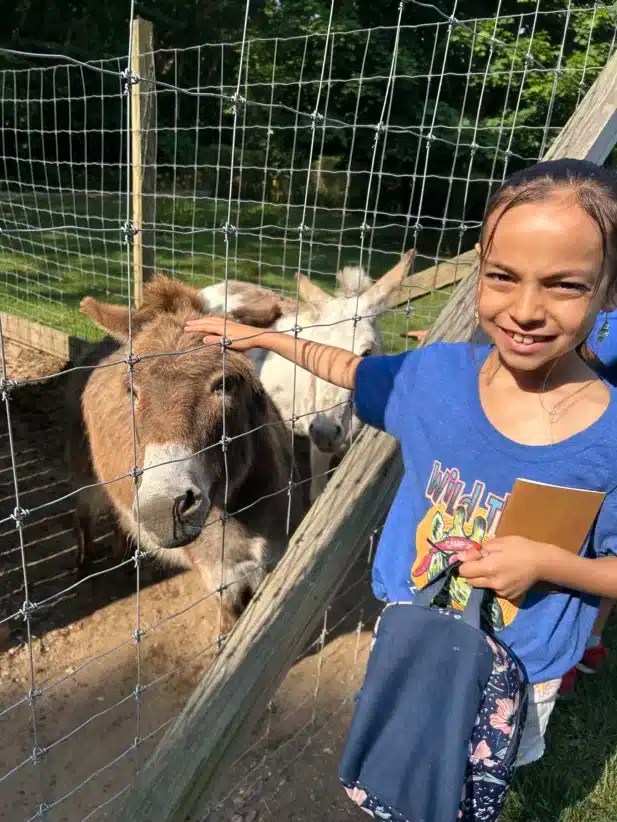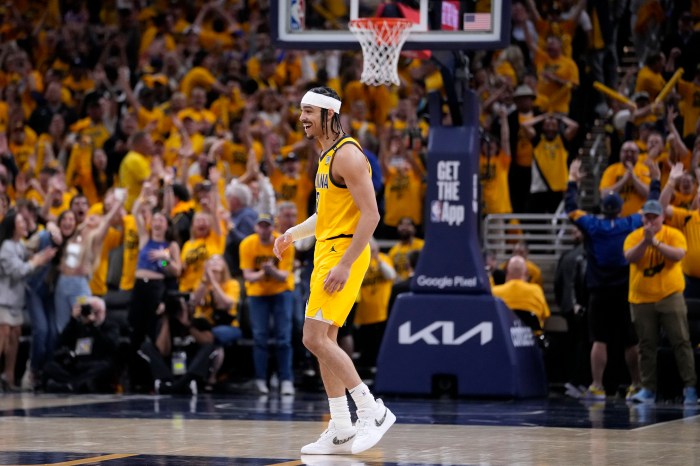A Brooklyn Supreme Court judge partially lifted a temporary restraining order on the Gowanus rezoning Thursday, allowing the city to release the application and full details of the project — although the city is still temporarily barred from starting the clock on the plan’s lengthy Uniform Land Use Review Procedure.
“It seems to me since the application is already ready, that should get out there,” said Judge Katherine Levine in a virtual hearing on Jan. 28.
The judge said she’s ultimately leaning toward allowing certification for the massive land use change, but still wants time to read through hundreds of pages of affidavits that the city and supporters of the rezoning submitted on Jan. 26, before she returns to the court next week.
“I need to finish reading the affidavits of everybody because I read quickly but not that quickly and I was hit with the city with hundreds of pages yesterday,” Levine said. “Unless I see something which really strikes me in somebody’s papers, I seem to be predisposed towards allowing certification, but right now as of today I’m lifting the [temporary restraining order] allowing the application to come out.”
The legal eagle issued the order on Jan. 15 after a group of residents opposed to the Gowanus rezoning — like the Voice of Gowanus and Friends and Residents of Greater Gowanus — sued the city, alleging that virtual ULURP hearings violate city public meeting laws, and that officials did not give locals sufficient notice ahead of the ULURP’s certification, which was scheduled to officially happen on Jan. 19.
The judge, during the virtual court hearing, said that she will likely allow the city to proceed with virtual meetings, but added that officials should come up with more ways to give Brooklynites without internet better access to those forums, since those calling into Zoom gatherings via phone wouldn’t be able to see any of the presentations.
“I don’t think it’s a winning argument… for me to say, ‘No you can’t do anything ’til COVID has disappeared,'” Levine said. “On the other hand, I think it’s fair game for everybody to have as much access as possible and doing it on your cellphone doesn’t do it, I think the visualness of this is important.”
Levine proposed the city get creative, such as using large spaces like the Park Slope Armory to set up socially-distant computer terminals for people to tune into the hearings.
“There are probably ways to have a number of machines in the Armory in Park Slope or wherever, with social distancing, with cleansing things, so that nobody gets contaminated if they want to go onto a computer and do their thing — I’m just trying to be creative about it,” the judge said.
Judge Levine’s proposal echoes similar ideas put forth in the fall by a cadre of local environmental, business, and public housing tenant groups under the banner Gowanus Neighborhood Coalition for Justice.
The group’s members penned a letter last September to DCP Director Marisa Lago urging planners to provide more options to tune in and take part in rezoning discussions, such as small and socially-distanced outdoor hearings, broadcasting presentations via public access television, and providing free wifi access and tablets to public housing residents.
The city in response has pointed to its pandemic-era web portal, NYC Engage, which officials set up as a resource to find out about and tune into public meetings.
The case will return next Tuesday, Feb. 2, where the court will also hear from a group of locals under the moniker Gowanus Residents, Owners, and Workers that filed an intervening motion on Jan. 25 against the original lawsuit, and in support of the rezoning.
The city is looking to push ahead on the rezoning before Mayor Bill de Blasio and Council Member Brad Lander — who holds significant sway over the rezoning as the area’s representative — leave office in January of 2022. If the process is not complete before then, the yet-to-be-determined next mayor and Council member would control the land use change’s fate.
If approved, the Gowanus rezoning would allow for construction of several high-rise buildings in the industrial neighborhood — promising to add 8,200 new residential units by 2035, including some 3,000 “affordable” apartments with rents tied to residents’ income levels.


